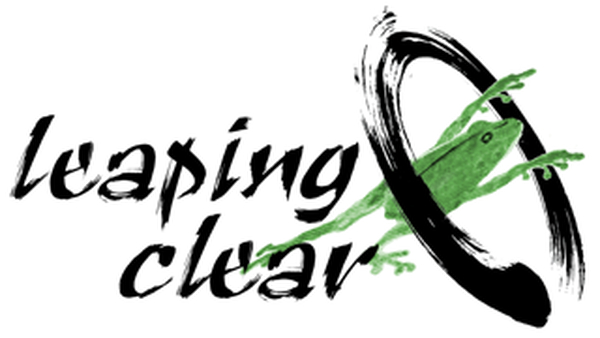Maria Berardi
Whereof We Cannot Speak
Let us now begin.
Find silence.
Not easy.
Then find the first silence, aural and visual.
Dump trucks, ambulances, earbuds,
traffic lights, blinking lights, all-sizes screens: off.
Find the most boring place you can find.
Find the place behind the chaos and boredom in your mind.
Find the place that is not a place.
Resolve contradictions
by genuflecting to them.
Now let us begin.
Meditation #740 or so
I am shriven, forgiven,
have scraped the bottom of the vinegar barrel
and come up with a cup of mother
rich, funky, inky sludge,
the alchemical element of further change
wrested from the wreckage of past bad action.
The worst has happened, the worst is over,
I do not have to inflame or seep any more.
* * *
I am holding my dead newborn.
I wipe the bit of blood from his nose with the receiving blanket.
Any mother, any infant.
Pietà. Pietà.
Salt baptism.
Always. Always.
* * *
Abruptly, standing on a dim strand.
The ocean horizon charcoal, the surf a gunmetal glitter.
Sky low, heavy clouds
water water water water
Dank mineral air. Alone.
Just me, and St. Augustine,
and a little boy, pouring water from a shell,
pouring the sea into the sand.
Impossible. A miracle. Humble persistence.
The child absorbed in his work which is play.
The Church Doctor, infers.
I just watch.
One Flower
Not sleeping, stuck in a hologram
of trauma and confusion and agony—
not knowing where to place these things—
I sought counsel; and so one day I asked the therapist,
you hear so much, so much hurt,
so much damage, I don't know how to
carry my own pain and you carry others' all day.
What do you do with it? How do you live?
She was a very quiet, very intelligent woman.
She was not afraid of silence.
She looked at me for a while
and then she said, sometimes I go home
at the end of the day and sit in my garden,
and look at a flower, a single flower.
That is all she said.
I did not know what she meant,
but I knew it was important.
I was not yet thirty and this,
why I was here, was my first living-through of death,
my first shouldering of the burden of the unbearable.
I wanted a technique, not a koan.
I wanted comfort, not a rearrangement of the psyche,
I wanted answers, not a dismantling
of the framework that held the questions.
Yet I knew she was telling me something important,
so important that it could only be held in cliché,
the code that carries a tracing of meaning
for the things that are past words.
* * *
And now, fifteen years on,
I am the age that she was then,
and I have been slowly opening up
the import of what she was telling me.
That the only answer is experience:
that it is very strange to be here, alive, at all,
that there is some task we are charged with, in noticing,
that to be intensely in the awareness there
is to let narrative dissolve.
That there is rest in mystery,
that matrix from where we come,
that daily condition of our being at all.
That—perhaps—the problem is all that we see.
That the answer is seeing more.
Maria Berardi
I am the world's worst meditator and it enriches my life incalculably. Meditation is both the message and the method to be able to not just receive, but bear, the message: the unwrapping and the gift.
My process is one of listening for transmissions from the cosmic radio and trying to catch them on paper before they dissipate: the glimpse, the complicated knowledge.
Maria Berardi's work has appeared in local and national magazines and online, most recently in Twyckenham Notes, South Broadway Ghost Society, 8th st. publishing guild, and Luna Luna). Her first collection, Cassandra Gifts, was published in 2013 by Turkey Buzzard Press, and she is currently at work on her second (a chapbook, or perhaps not, entitled Pagan). She lives in the Front Range foothills west of Denver at precisely 8,888 feet above sea level.
More on Maria Berardi's work can be found on our Links page.

